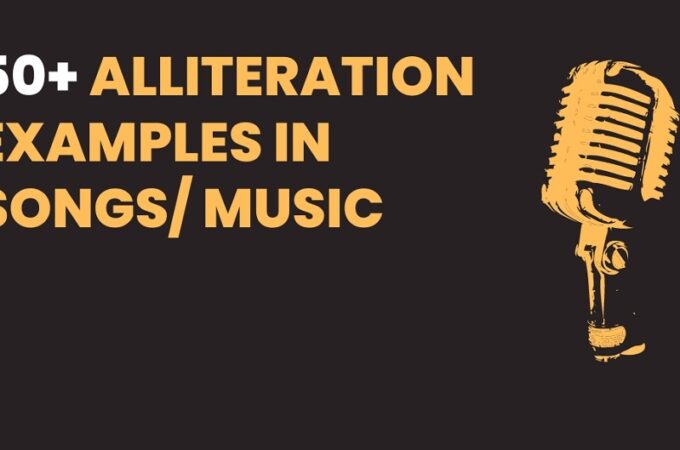
How to register as a composer: 3 important tips
This is a story you’ve probably heard before: a band makes it big, everyone gets rich, and the songwriter gets even richer. Why does the composer earn more money? It’s all about the royalties that the music generates! If you are a registered songwriter, you can generate more profits with your songs… AS LONG AS you have a contract with a music publisher and you have registered as a songwriter.
This can require a number of complicated and time-consuming tasks for the composer. To remedy the above, music publishers can be very helpful. And they will thus open up the possibility of earning a lot of money with your songs.
Table of Contents
ToggleBut what are the different types of publishing contracts? And what are the pros and cons of each?
Songtrust’s Alex Badanes wrote an article called “The Three Most Common Publishing Contracts – Know Your Options!” which provides a good rundown on the subject. In the article, he says:
The moment you decide that a song you’ve been working on for weeks is finally done. You own the copyright and 100% of your publishing rights. This 100% is divided into two important sections: the publisher’s part (50%) and the author’s part (50%). Unless you sign an employment contract (see below), you will never lose ownership of your part as the author.
He then goes on to describe the 3 main types of publishing contracts. You may encounter this when dealing with the music industry today. These are:
Management Contract
In a management contract, the composer retains 100% ownership of the copyright and relinquishes only 5-20% of the publisher’s share for a term typically 1-3 years. Management agreements typically do not include creative services and focus only on registering ownership of your songs with collecting societies around the world, as well as collecting royalties on your behalf.
CD Baby Pro provides exactly this service. It’s a great way to start collecting your publishing royalties around the world without being locked into a long-term publishing contract. You can see if you are eligible here.
The next most common type of contract, according to Consor, is…
Co-Publishing Contracts
A co-publishing contract is the most common type of agreement for major songwriters today. As an author, you normally assign 50% of the editorial part (hence the “co-publishing”) to the publisher with whom you sign the agreement. By doing this, you keep 100% of the copyright and 50% of the publishing. Which makes 75% of your total publishing royalties. In this deal, since the publisher gets partial ownership of the works, he is much more incentivized to exploit the songs and generate royalties. The ways in which your songs can be exploited are mainly through synchronization on television and movies, as well as being recorded and published by major artists: This is the kind of thing that the creative teams of any reputable music publisher will actively do for you on a daily basis. Many music publishing companies will offer you generous incentives to persuade you to sign with them. Remember, however, that these incentives will need to be collected in full once your songs start generating revenue.
And the last common type of music publishing contract is…
Work For Hire / Work For Others
In an employment contract for someone else, for a fixed amount, you assign all rights of ownership and administration of your works during the term of copyright. These deals are most common in movies and advertising, where the movie studio or production company wants to own and control all aspects of the production.
You may like to read SEVEN TIPS TO LEARN TO PLAY GUITAR FROM SCRATCH





